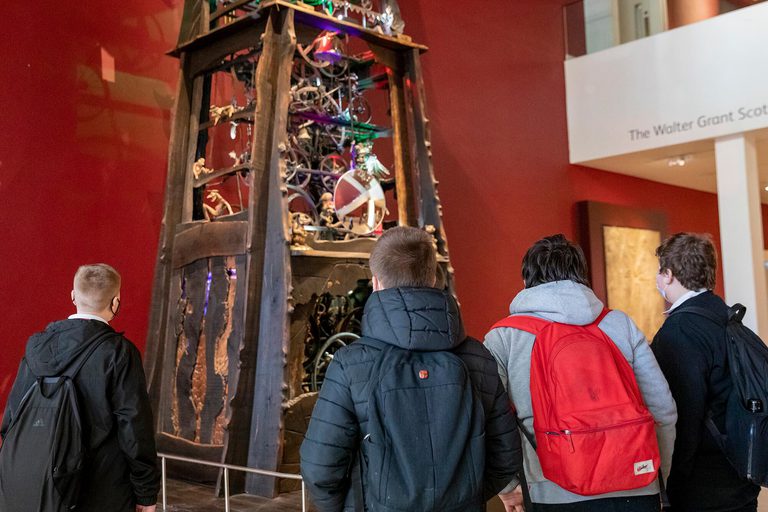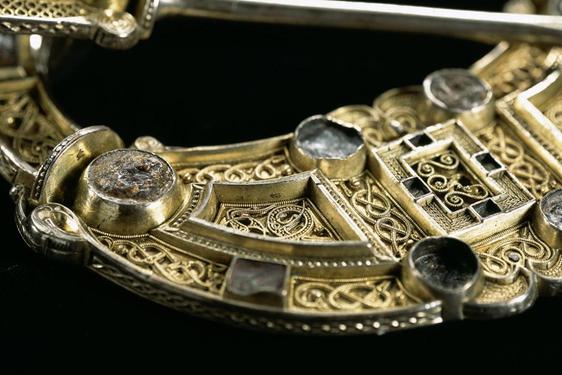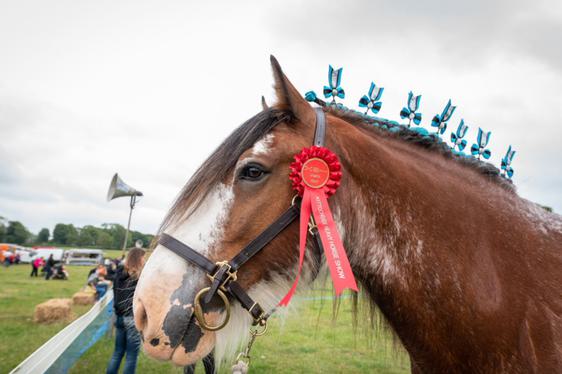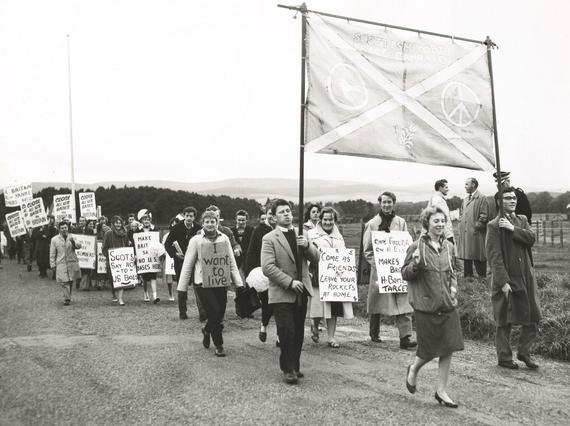
The Cold War
The Cold War was fought as a contest over a way of life as much as it was as an armed confrontation.
What was the Cold War?
The Cold War was a global conflict that began in the late 1940s and ended with the collapse of the Soviet Union in 1991. Although the Cold War remained ‘cold’ in Europe and North America, the major powers fought ‘hot’ wars elsewhere in the world, including Korea, Vietnam and Afghanistan.
At root the Cold War was a battle of ideas between capitalism and communism, however, some ‘Cold Warriors’ were motivated by other ideologies and national interest. Although the Cold War was a military confrontation in which nuclear weapons played a central part, the conflict took other forms, including through competitive sport and the arts.
Cold War films
These three short films draw on never-before-seen archives, object collections, footage, and interviews with experts to explore how the global superpower standoff impacted and influenced Scottish lives, politics, landscapes and technologies.
These films were produced as part of the Materialising the Cold War research project, a collaboration between National Museums Scotland and the University of Stirling, funded by the AHRC.
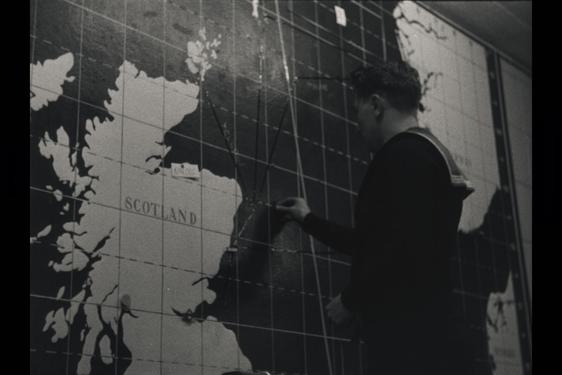
How Scotland became a Cold War Battleground
Drawing on never-before-seen archives, object collections, footage, and interviews with experts, this film explores Scotland's critical position on the frontline of the Cold War.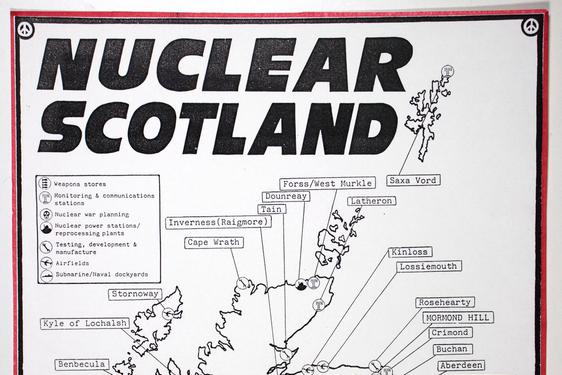
Nuclear Scotland during the Cold War
This film explores the history and impact of nuclear power in Scotland during this period.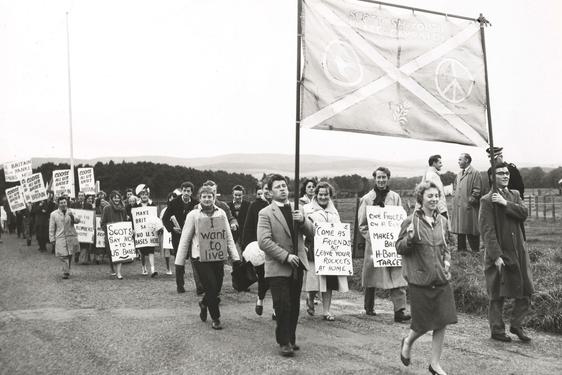
The Cold War and Scottish society
Cold War ideologies and cultures had a direct impact on Scottish society. This film delves into the stories of the Cold War and Scottish society.
Resources
Further reading
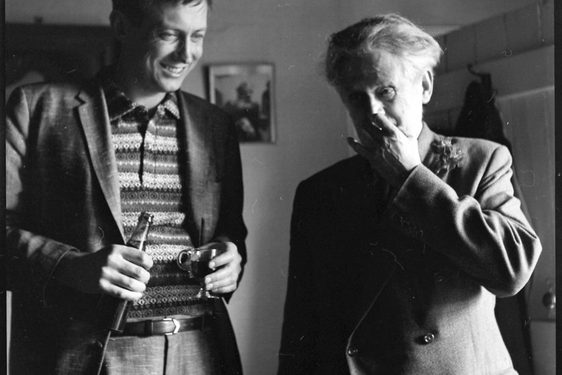
Breaking the Ice: When Hugh MacDiarmid met Yevgeny Yevtushenko
Research Fellow Dr Jim Gledhill recounts this meeting of minds in the Scottish Borders in 1962.Forewarned is Forearmed: inside the hidden world of the Royal Observer Corps
Postgraduate researcher Sarah Harper looks back at the group of appointed civilians who manned bunkers across the country during the Cold War in case of nuclear attack.
